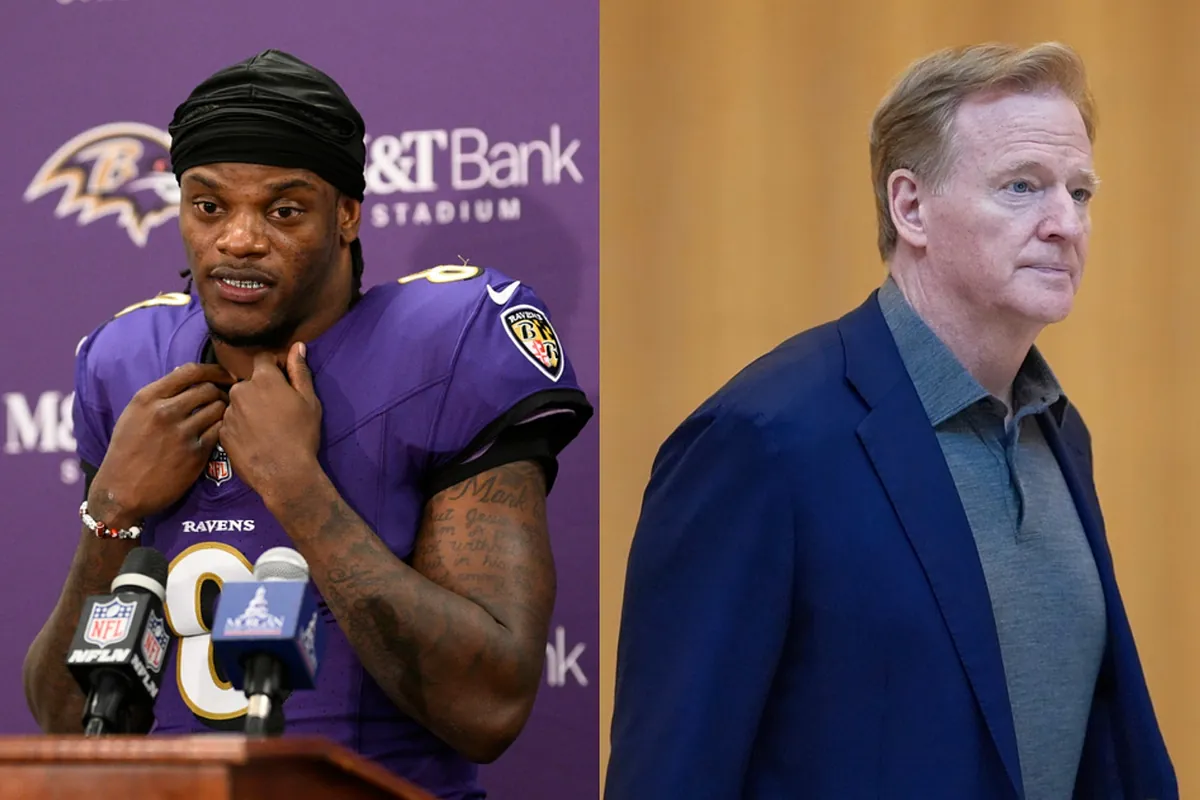On a night meant to celebrate baseball and national pride, singer Nezza found herself at the center of a heated debate after performing the U.S. national anthem in Spanish at the Los Angeles Dodgers game on June 22, 2025. Despite the team’s initial reluctance, she stood by her decision, igniting conversations about cultural identity, patriotism, and inclusivity in America.

In an exclusive interview following the performance, Nezza explained her reasoning, addressed the backlash, and made a passionate case for why the anthem—and its message—should resonate beyond language barriers.
The Performance That Sparked a National Debate
The Dodgers, one of Major League Baseball’s most iconic franchises, have long embraced their diverse fanbase, particularly the Latino community that makes up a significant portion of their supporters. Yet when Nezza, a rising bilingual artist, was invited to sing the national anthem before the game, she proposed something unexpected: performing The Star-Spangled Banner in Spanish.
The team hesitated. Historically, the anthem is performed in English at sporting events, and deviations from tradition often draw controversy. However, after discussions, Nezza was given the green light—only for the Dodgers to reportedly rescind their approval hours before the game.
Undeterred, she took the field and delivered a powerful rendition of the anthem in Spanish, titled “El Pendón Estrellado.” The performance was met with a mix of cheers and boos, and almost immediately, social media erupted with both praise and condemnation.
“This Was About Representation” – Nezza Explains Her Decision
In her post-performance interview, Nezza didn’t shy away from the controversy.
“This wasn’t about disrespect. This was about representation,” she said. “Millions of Latinos in this country love America, serve in the military, contribute to our society—but Spanish is their first language. Why shouldn’t they hear the anthem in a way that speaks to their hearts?”
She pointed out that the Spanish version of The Star-Spangled Banner has existed for over a century, with translations dating back to the 19th century. “This isn’t something I made up. It’s part of our history,” she emphasized.
Nezza, whose music blends English and Spanish, described her choice as an act of patriotism. “I love this country. But patriotism isn’t just about words—it’s about making sure everyone feels included in the American story.”
The Dodgers’ Last-Minute Objections
Sources close to the Dodgers organization revealed that team executives grew nervous about potential backlash, especially given the politically charged climate around language and immigration. Some sponsors reportedly expressed concerns, fearing fan reactions.
“They told me, ‘We appreciate the sentiment, but maybe this isn’t the right time,’” Nezza recounted. “But when is the ‘right time’ to celebrate all Americans?”
Despite the pushback, she refused to back down. “I wasn’t going to let fear dictate how we honor this country.”
Public Reaction: Divided But Passionate
The response was immediate and polarized.
Supporters: “This Is America—Diverse and Proud”
Many applauded Nezza for her bold statement.
-
“As a Mexican-American veteran, hearing the anthem in Spanish gave me chills. It’s still the same flag, the same sacrifice.” – @JorgeRamirezUSMC
-
“The Dodgers have a huge Latino fanbase. This was a beautiful moment of recognition.” – @MariaInLA
-
“If we can sing ‘God Bless America’ in different languages, why not the anthem?” – @CarlosTheWriter
Critics: “Learn English or Leave”
Opponents argued that the anthem should only be sung in English, calling the performance disrespectful.
-
“This is the United States. The national anthem is in ENGLISH. Period.” – @PatriotJoe88
-
“If you want to be American, assimilate. Stop dividing us.” – @TrueAmerican1965
-
“The Dodgers should be ashamed for allowing this.” – @MAGA_Warrior
Political figures also weighed in. While some progressive leaders praised Nezza’s stance, conservative commentators accused her of “erasing American culture.”
Historical Context: The Anthem in Other Languages
Nezza’s performance wasn’t unprecedented. The U.S. national anthem has been translated into multiple languages, including:
-
Spanish (“El Pendón Estrellado”) – First translated in 1919 by Francis Haffkine Snow.
-
French (“La Bannière Étoilée”) – Used in Louisiana and other Francophone communities.
-
Navajo (“Dah Naatʼaʼí Sǫʼ bił Sinil”) – Performed at sporting events to honor Native American heritage.
“This isn’t about replacing English,” Nezza clarified. “It’s about expanding the conversation so no one feels excluded.”
The Broader Debate: Language and Belonging in America
The controversy touches on deeper tensions about immigration, multiculturalism, and what it means to be “American.”
-
Proponents of multilingualism argue that the U.S. has no official language and that embracing Spanish (the second most spoken language in the country) reflects reality.
-
Opponents believe English should be the unifying language and fear that translations dilute national identity.
Nezza framed her performance as part of a long tradition. “America’s strength is its diversity. Singing the anthem in Spanish doesn’t weaken patriotism—it strengthens it by showing that love for this country isn’t confined to one language.”
What’s Next for Nezza and the Dodgers?
Despite the backlash, Nezza has no regrets. “If standing up for my community costs me opportunities, so be it. But I think this moment will open doors for more artists to embrace their culture proudly.”
The Dodgers have yet to issue an official statement beyond acknowledging the performance took place. However, insiders suggest the team may avoid similar controversies in the future to prevent alienating any fanbase segment.
A Moment That Will Resonate
Nezza’s defiant performance will likely be remembered as more than just a pre-game ceremony—it became a flashpoint in America’s ongoing debate over identity, language, and inclusion.
“I didn’t do this to make a political statement,” she concluded. “I did it because music is universal, and so is patriotism. Whether you sing it in English, Spanish, or any other language, the message is the same: We are proud to be Americans.”
As the nation continues to grapple with these questions, one thing is clear: The anthem—and what it represents—will always inspire passion, no matter how it’s sung.



